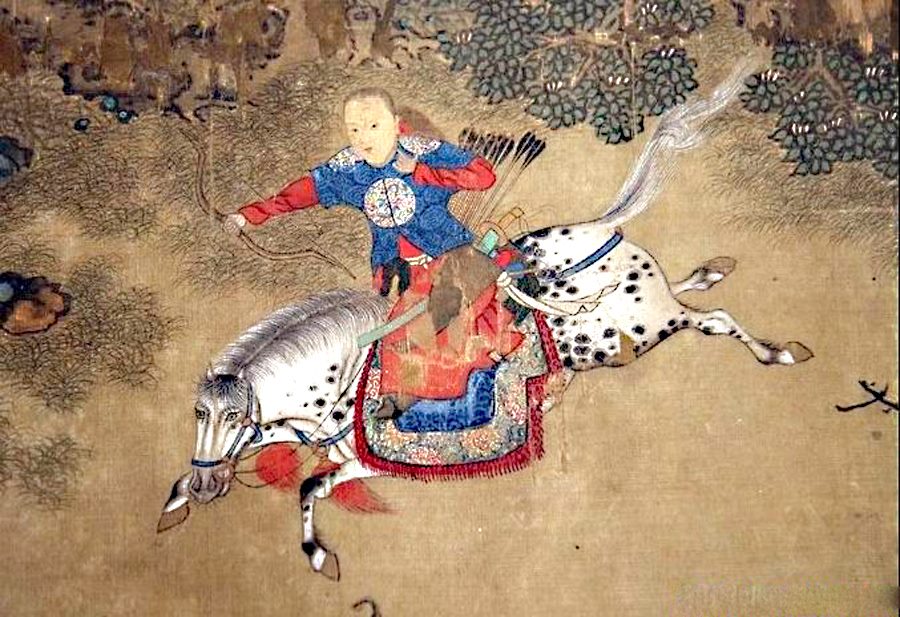Goodness in dressage is to guide our actions so that we are in service to the horse. Can a dressage based on meekness be effective? or perhaps a better question might be is aggression in dressage ever of any value.
Meek is quiet, gentle, and always ready to do what the horse wants without expressing your own opinion. Training sessions always start in meek. This is how we check in with the horse.
The first part of training is always a matter of locating/discerning how the horse is on any given day. We are concerned not only with the body but in coming to a compassionate understanding of the mental state.
Our purpose is not to train the horse but to guide the horse in exploring its connections with the present moment. Goal or object driven riding has its place but not in warm up. At this stage, communication is the central focus.
We expand from here into a cadenced discipline based on loving kindness. Discipline in this context is always an expression of joy.
When the work is set-up with joy and gentleness as its foundation, in the next phase of the work, the horse is ready to expand into the “new” territory. It is here we play with the language which has bee established through the preliminaries and basics.
This is the time of the poetry of the language of dressage and a time where pauses in the work allow the horse to “collect” its thoughts. We are generous in giving the horse peaceful moments and in that time we can reflect on our clarity.
This is a four stage training in which aggression has no place. The objects of training need not be driven by our aggressions and our ambitions but instead we find that they naturally arise when the relationship with the horse is properly grounded.
This is a dressage of kindness which is founded in establishing basic goodness in our relationship with the horse. The tricky part of this path is to first restore our own sanity and then the horse’s; that is to say, we must first give up our aggression and opinions. We step away from ignorance which takes our ego as its center and bring ourselves to center in an equality with the horse based on its wisdom.
These simple things are not easy but are necessary for a long term healthy relationship which, without aggression, establishes a natural hierarchy. We lead the horse, not by being more aggressive but by proving our authority. That authority is earned and based on our skillful intelligence.
Here is a dressage of goodness which needs to be seen more in the horse world not because it is “nice” but because it is far more powerful and effective in the long term than any system which uses aggression. Aggression not only damages the horse but also damages us. Let’s vow to let this way of working horses dawn in our practice.


Recent Comments